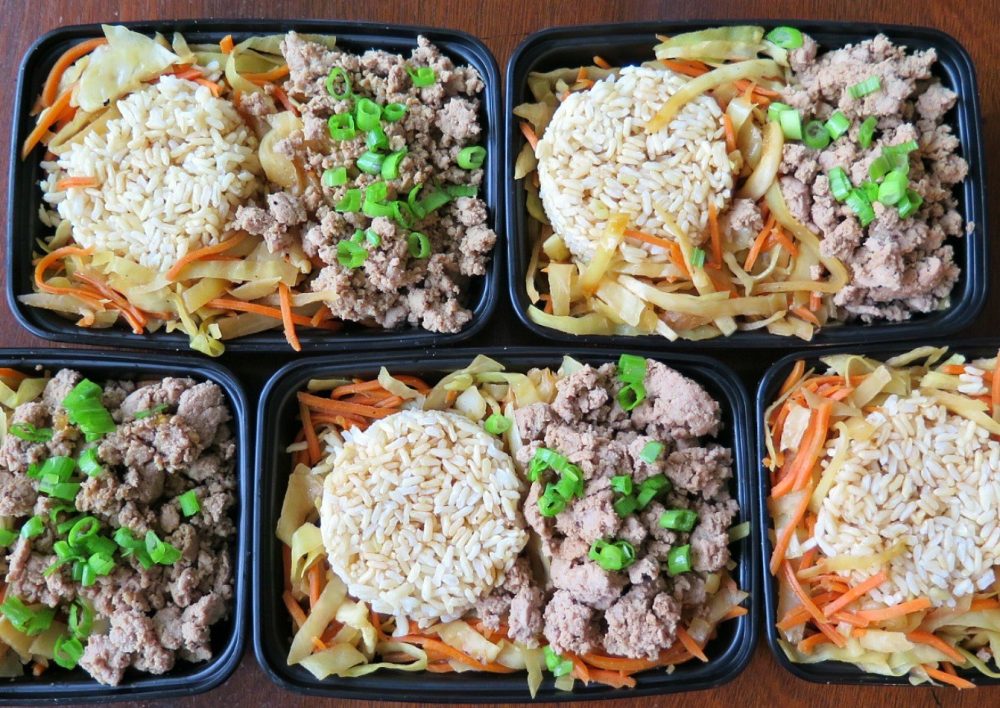
“You must eat this particular food, in this quantity, at this time, every day…”
Does this sound exciting to you? Me either.
I am personally not a fan of rigid meal plans because:
- They are boring
- They are restrictive
- They are repetitive
- They often don’t consider your food intolerances
- They often don’t consider your preferences, lifestyle or schedule
- They teach you nothing about the nutritional content of food
- They can be hard to stick to and often cause feelings of guilt or failure when not adhered to correctly
- They do not take special occasions, eating out or holidays into consideration
The main reason I don’t write meal plans for my clients, other than providing them as an example so my clients can initially see how to match foods to their macronutrient targets, is because meal plans don’t teach you anything about the nutritional content of food. They are ultimately short term solutions.
One of the biggest issues with rigid meal plans is that as soon as people eat something that isn’t on their meal plan they automatically think they have failed. Because they think they have already screwed up that day, it causes them to go completely off track – eating everything and anything they want. Something that could easily be avoided with education.
With that being said, meal plans do have their place. The benefits of meal plans include:
- They are easy to follow
- There is no “guesswork”
- They allow you to plan ahead
- They can help you to get into a routine
What is superior to just mindlessly following a rigid meal plan is:
- Knowing your personal macros, which are calculated based on your goals.
- Educating yourself on flexible dieting and how to track your macros.
- Having the freedom to make your own meal plan based on your preferences, lifestyle and schedule.
So my advice to you would be to stop looking for quick fixes and short term solutions and start thinking about finding a long term solution. By creating your own meal plan and learning about the nutritional content of food and how you can easily interchange foods based on your own preferences and lifestyle – you will be more likely to adhere to your “diet”. The more consistent you are with following your nutrition plan, the more likely you are to see results. By seeing results, the higher your motivation will be to continue.
SUSTAINABILITY = SUCCESS.
If you are ready to make the change to flexible dieting and learn everything you need to know about eating for your goals, then contact me today! This will be the last “diet” you will ever need.
